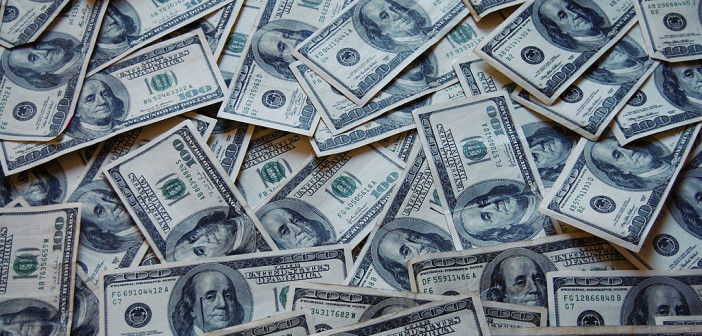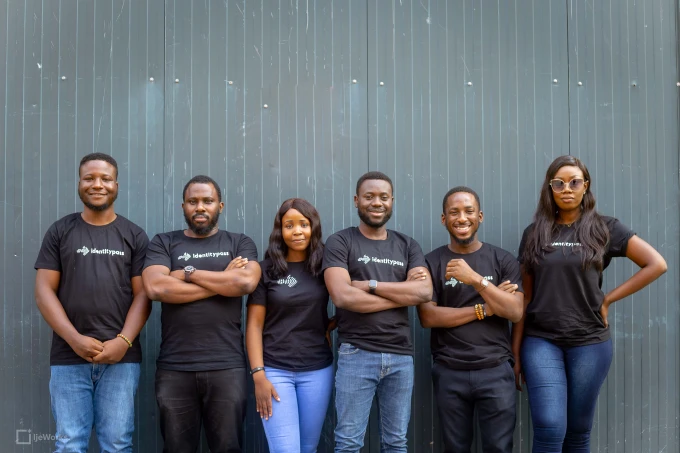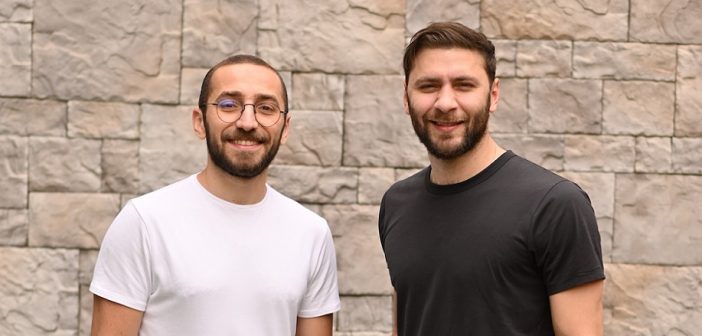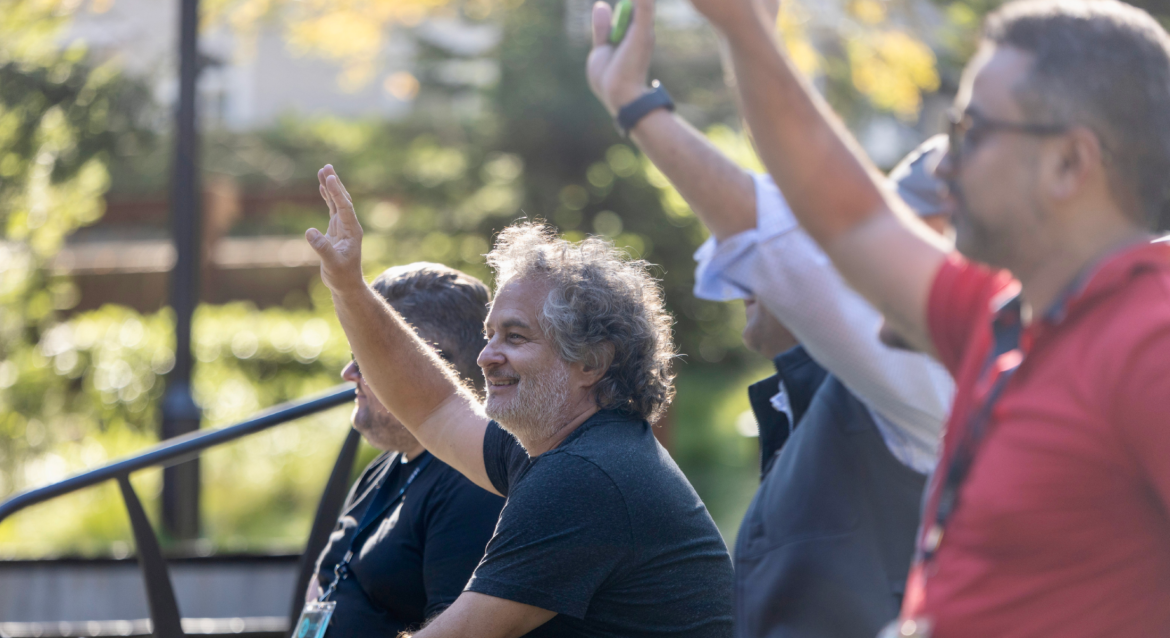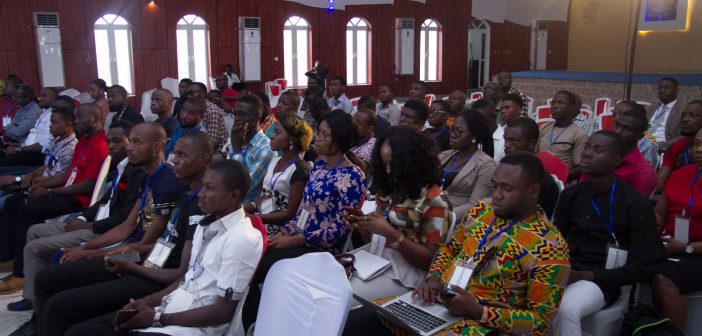Releaf, a Nigerian agritech company, receives $3.3 million and introduces new technology to increase profitability.
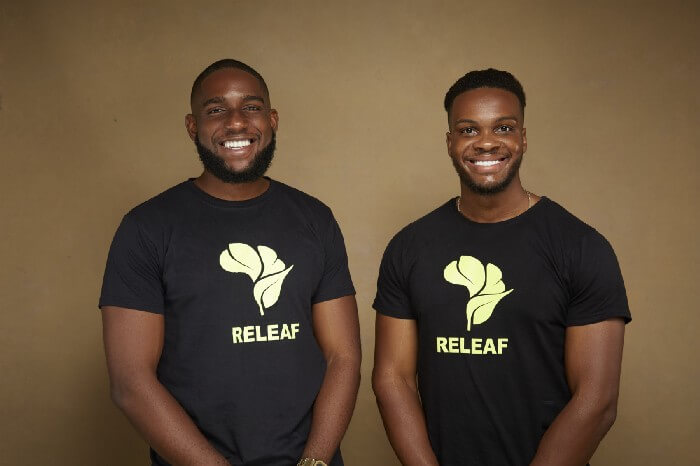
Releaf, a digital firm that makes it simpler for African producers of consumer goods to get access to high-quality materials for their facilities, has raised $3.3 million in a Pre-Series A funding round that was oversubscribed.
Samurai Incubate Africa, which had previously led Releaf’s seed round, served as the round’s lead investor and was joined by Consonance Investment Managers. Additionally investing were Jeff Ubben, founder of Inclusive Capital Partners and board member of the World Wildlife Fund, as well as Stephen Pagliuca, chairman of Bain Capital.
SITE and Kraken II are the following steps in our plan to fundamentally transform the effectiveness of agricultural supply chains in Africa, according to Uzoma Ayogu, co-founder and CTO of Releaf. “We are excited to have partnered with an exceptional cohort of investors and collaborators to roll out these technologies,” Ayogu said. We must maximize extraction yields with cutting-edge processing technology and minimize logistics costs by bringing processing capacity closer to farmers in order to make food supply chains economical. Before Releaf, stakeholders had to pick between the two options because most farmers could only process their products with rudimentary equipment while major factories had superior technology but were located far away. We can now make the most of both.
Two new innovations will be introduced with the help of the new funding: SITE, a geographic mapping tool that determines the most advantageous placement of food processing assets, and Kraken II, a portable version of its award-winning palm nut de-sheller.
This dynamic data set will be used by Releaf to train Reinforcement Learning Models in SITE that determine the best locations for consumer products firms’ supply chains, thereby connecting the continent’s decentralized farming system.
Releaf’s Kraken, the most sophisticated palm nut de-sheller in West Africa, has a portable, less expensive version called Kraken II. It is equally effective as its static predecessor, costs half as much, and can achieve three times the profitability due to its portability to densely populated farming areas, which eliminates more than 80% of margin-eroding shipping costs.
Instead of being constrained to sourcing crops within 100 kilometers of a fixed processing site like existing food processors, Releaf is able to target the best opportunities across Nigeria’s oil palm belt thanks to the combination of Kraken II’s portability and SITE’s placement and route planning capabilities.
Releaf began operations in 2021 and since then has processed more over 10 million kg of palm nuts, increasing its monthly revenue by seven times year over year. Additionally, the business has agreements worth more than $100 million with top producers of consumer goods, like Presco, PZ Cussons, and others, to provide their products. Since the company’s seed round a year ago, its valuation has tripled.
“Releaf’s success with its pilot Kraken supports its premise, and we are pleased to continue supporting their ambitious aim to develop efficient supply chains inside Africa’s agriculture sector,” said Rena Yoneyama, Managing Partner of Samurai Incubate Africa. They have strengthened their management team with important new hires, and their quick technological advancement and commercial expansion never cease to astound us. We anticipate continued success when the team launches Kraken II and SITE.
“I enjoyed working with Releaf and using our tree height algorithm to establish the correlation between oil palm age and height to help farmers to get a better understanding of their future yields and make better data-driven decisions on sustainable replanting,” said Professor David Lobell from Stanford University. By utilizing remote sensing technologies, there is a significant chance to unleash Africa’s exceptional agricultural potential, and I am confident that our relationship will serve as a catalyst.


